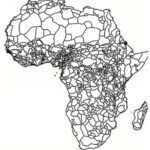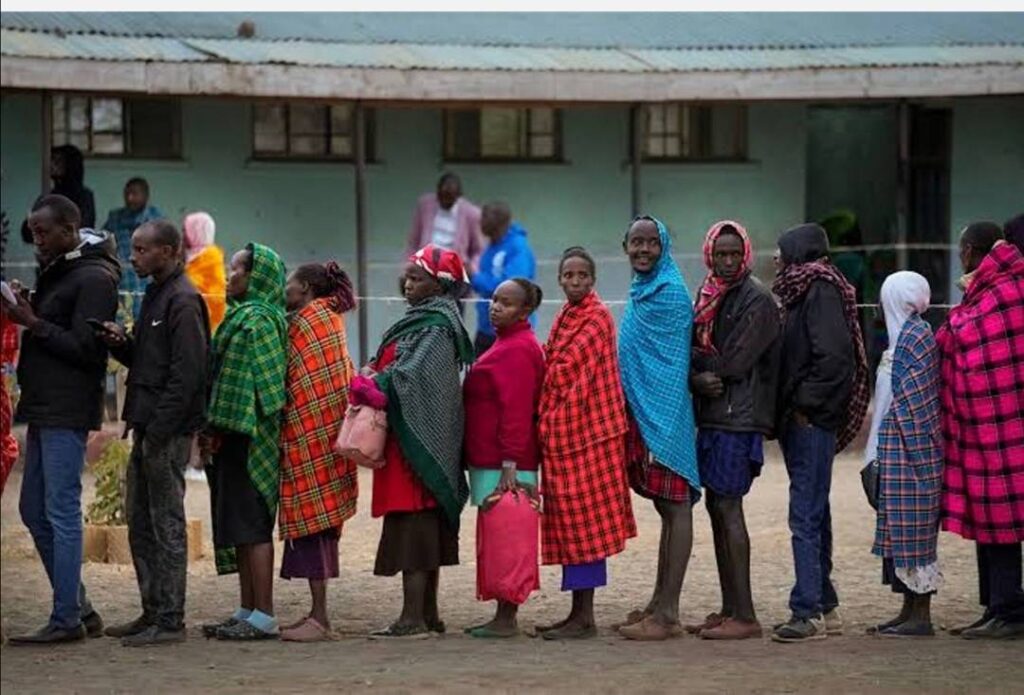By Charles Wanguhu
The Kenyan 2013 election was to be one of lessons: an election in which, having looked back at the folly of our mistakes of 2007, we would take a different direction. It was to be a reflection on the ethnic question, on hate, on violence meted out to innocent individuals, on broken relationships and on the building of a new state.
We undertook massive reconstruction of the state called Kenya after the 2007 election: we passed a new constitution, set up several institutions and radically restructured some old ones. A central theme of this restructuring focused on integrity, professionalism and other key ideals we espose as a nation.
As is the tradition in Kenya every new election results in the induction of new words into the day to day Kenyan lingo; in 2002 it was ‘unbwogable’, 2005, ‘chungwa’ and banana and 2007 became the abbreviations year with the resultant IDP,PEV and ICC; 2010 was ‘watermelons’. In 2013 the word tyranny stands out, together with the Latin ‘amicus’ after the supreme court proceedings.
I will however limit myself to ‘tyranny’ a word often defined as cruel, unreasonable, or arbitrary. In this year’s election it was described in the context of numbers. The basic message was that regardless of what other groups did, the numbers would be against them and that the union of the Kikuyu and Kalenjin groupings would form an insurmountable lead in the election.
This particular message ran counter to the new one state of Kenya, as it allocated tribe to a pre-determined outcome. The assumption was that one was his tribe first, a Kenyan second, thereby translating census numbers directly to votes in an election -an oddity in itself, especially as, no one picks their tribe. Democracy succeeds through the exercise of knowledgeable choice. One is of a tribe by virtue of birth and more or less trapped into it and can therefore not be the basis for choice in a democracy.
The option then for those few who did not ascribe to their group’s choice was either exile or to be ridiculed by their kith and kin. The question was either, “Why do you hate your people?” or “Why are you a traitor?” This resulted in some Kenyans (some highly educated) being compelled to act out of character so as to fit in with their kin. How else can one explain an individual, normally an intellectual with an open mind, spout some of the most bigoted, hate epithets against “them” and “other” groups? Kinship in the context of democracy was (mis)used to override our common nature.
In the end we fell victim to what social anthropologist Ernest Gellner calls the ‘tyranny of cousins’. The problem Gellner describes is that tribe members only partake of a predetermined diet; the same ideas, opinions and beliefs are merely recycled amongst the group. That is where the media and the political PR machines triumphed; some willingly, while others unwittingly, spreading the key messages. Individuals chose their news stations by their supposed slant. One would hear of boycotts of a particular station due to the proprietor’s choice to support an opposing coalition, further limiting the listener’s access to alternative news. Our friendship circles began to become more homogenous.
The bigger concern is the creation of ‘grievances’ in each electoral cycle; painting one group as responsible for a particular ill or historical injustice can only lead to future conflict. We end up in a vicious cycle, where a community considered the enemy in one electoral cycle rekindles ties of brotherhood in the next election. Akin to a game of tag, we ensure that communities are tagged and after the outcome, vitriol is directed at them including, in some instances, boycotting their services or goods. In the extreme, violence is considered an option to deny the right of a community to exercise their right to vote.
The above scenario points to the importance of implementing the 2010 constitution and why the entire Kenyan populace needs to come out strongly in defence of it. The constitution seeks to make our institutions more inclusive, ensuring that the political elites do not overcome them. In ‘Why Nations Fail’ Acemoglu and Robinson argue that where inclusive institutions are present they create positive feedback loops that prevent elites from overcoming them. This ensures that these institutions expand and become stronger. The path we take will be indicative of whether, as a country, we have a chance of joining a virtuous cycle. The alternative is the continued extractive institutions geared at exploiting the masses for the benefit of the elite and their accumulation of public resources for their personal gain.
Overall we need not accept divisive politics as the norm. In building modern institutions we can limit the power of the tyranny of cousins and ensure allocation of resources is not based on regions or ethnicity.
Charles Wanguhu is the Head of Programmes at the Africa Centre for Open Governance (AfriCOG). The views shared writers own and are not necessarily shared by his organization of employment.

